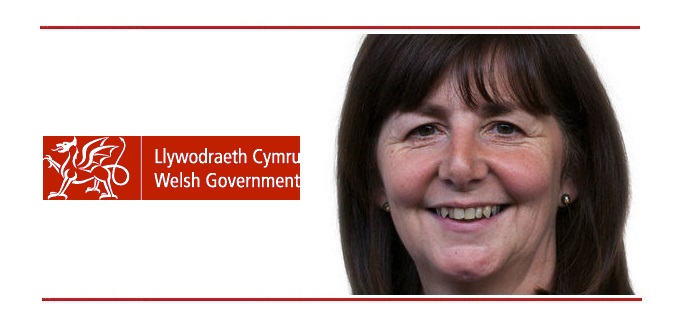A five-point poultry industry “engagement plan” has been published by the Wales Animal Health and Welfare Framework (AHWF) in a move to improve the sector’s “better understanding” of disease risks, their management and how the sector operates in Wales.
The plan is contained within a 34-page AHWF report which deals with health and welfare issues across all livestock sector and is the first to be produced under the leadership of the new Welsh Cabinet Secretary for Environment and Rural Affairs, Lesley Griffiths.
The specific targets for the poultry sector, stated as key milestones for 2016/17, are as follows:
- Undertake a publicity campaign to encourage poultry keepers to register their poultry on the GB Poultry Register.
- Consider and develop a programme of poultry keeper education through local educational meetings and literature.
- Encourage poultry keepers to register with a veterinary practice.
- Work with Local Authorities to encourage small holders to register.
- Consider opportunities to link up with the actions for biosecurity and antimicrobial resistance.
“I am passionate about animal health and welfare and determined to make a difference through the priorities and actions set out in this plan,” said Cabinet Secretary Griffiths (pictured above), adding that the goal of creating a prosperous Wales included “healthy livestock kept to high standards of welfare”.
Highlighting the key health and welfare issues for poultry producers as the risk of avian influenza, antibiotic use and campylobacter, the AHWF report stressed the importance of having a sound understanding of the types and location of poultry units in Wales and to ensure that poultry keepers are properly informed about disease risks and their control.
The report also revealed that there are currently just over 7,300 registered poultry keepers in Wales, only 30 of which have over 100,000 birds, while the two largest companies account for half the Welsh flock. In contrast, the vast majority of registered poultry keepers in Wales are hobby keepers. The point was also made, however, that it is a legal requirement for premises with 50 or more birds to register on the Great Britain Poultry Register.


